Upcoming K-SAA Events
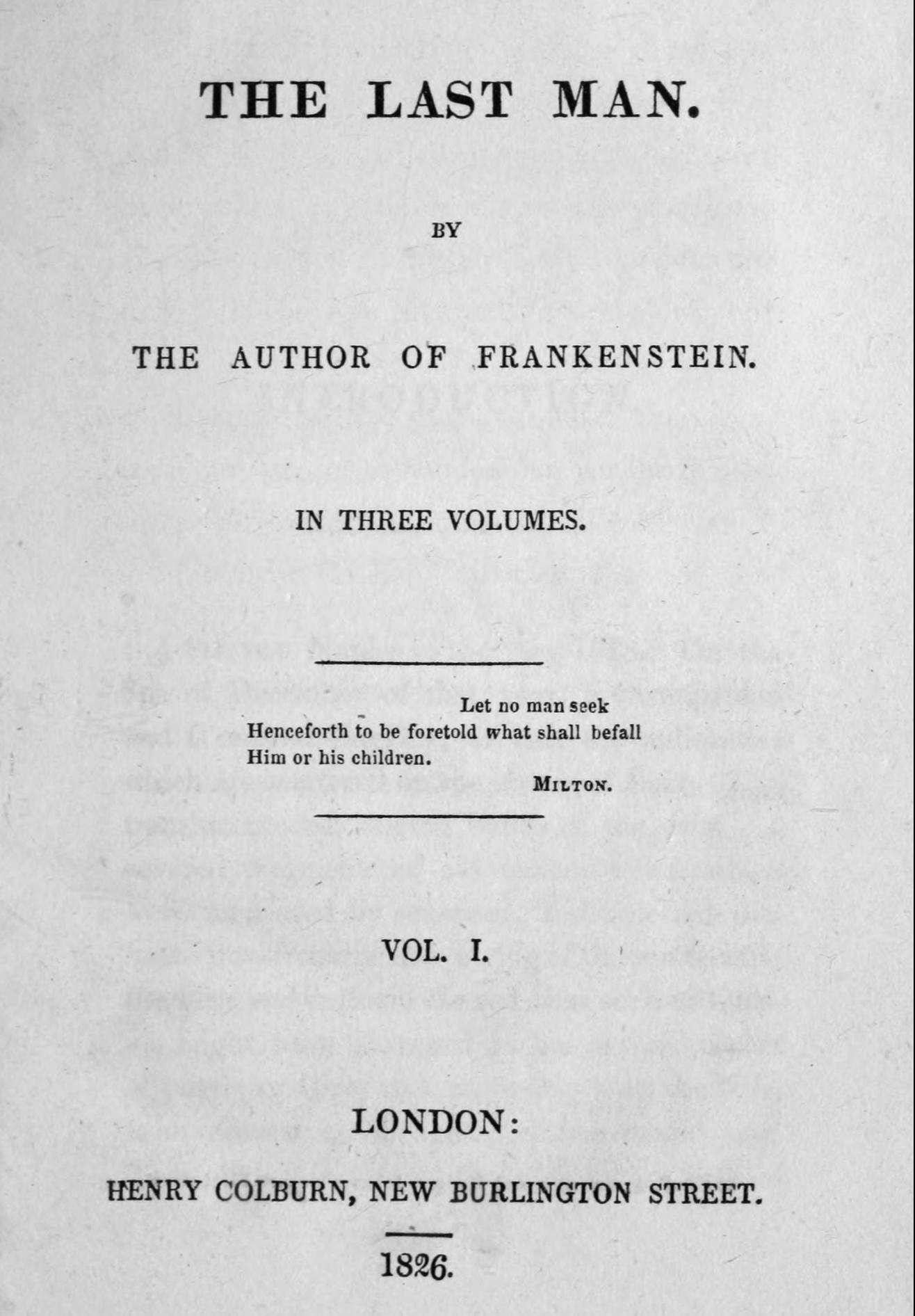
MLA 2026: Mary Shelley At Last
Mark your calendars for our MLA panel—Mary Shelley At Last—in tribute to the bicentenary of The Last Man's publication in 1826.
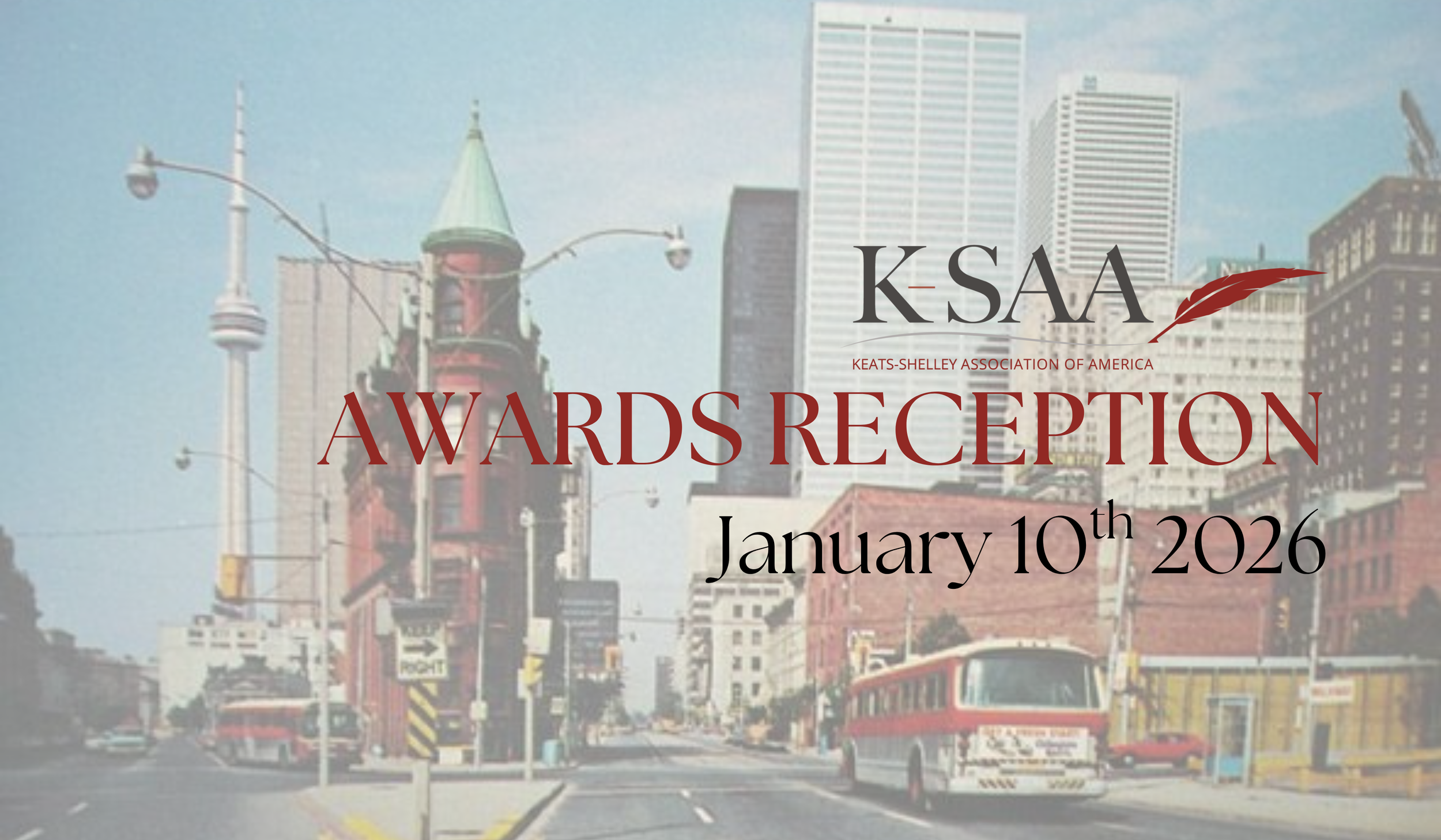
K-SAA Awards Reception, MLA Toronto 2026
Join us for a festive reception that brings everyone together. This gathering will feature recognition of our award recipients—including encomia and brief remarks from the honorees—and a celebratory atmosphere, with happy hour drinks and hors d’oeuvres for all.
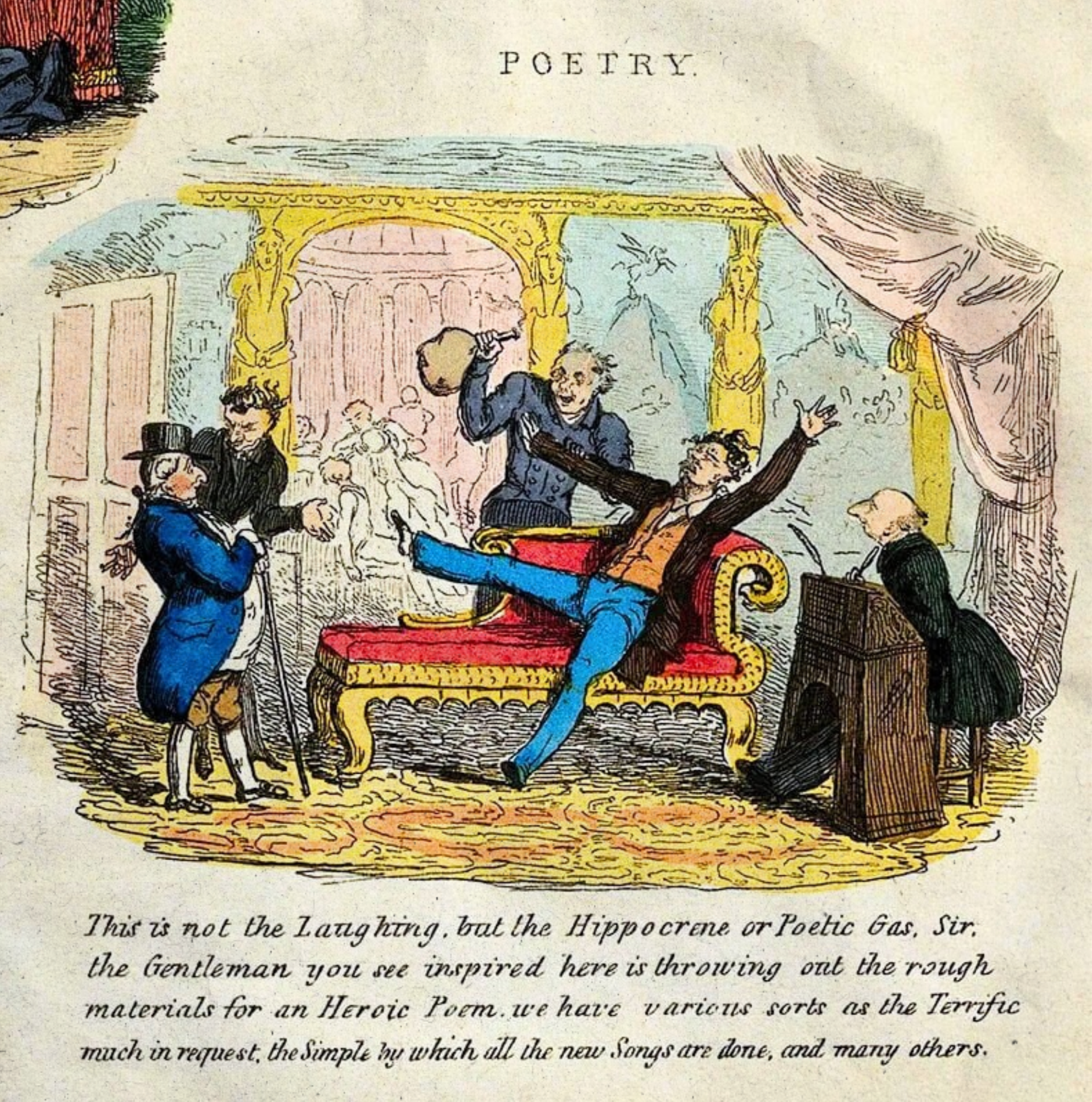
2027 Curran Symposium: On Medicine Considered as One of the Fine Arts
The 2027 Curran Symposium will explore how the second-generation Romantics—especially Keats, Percy and Mary Shelley, Byron, Hunt, De Quincey, and others—attempted serious sallies into the history of medicine through their experiments in poetry.
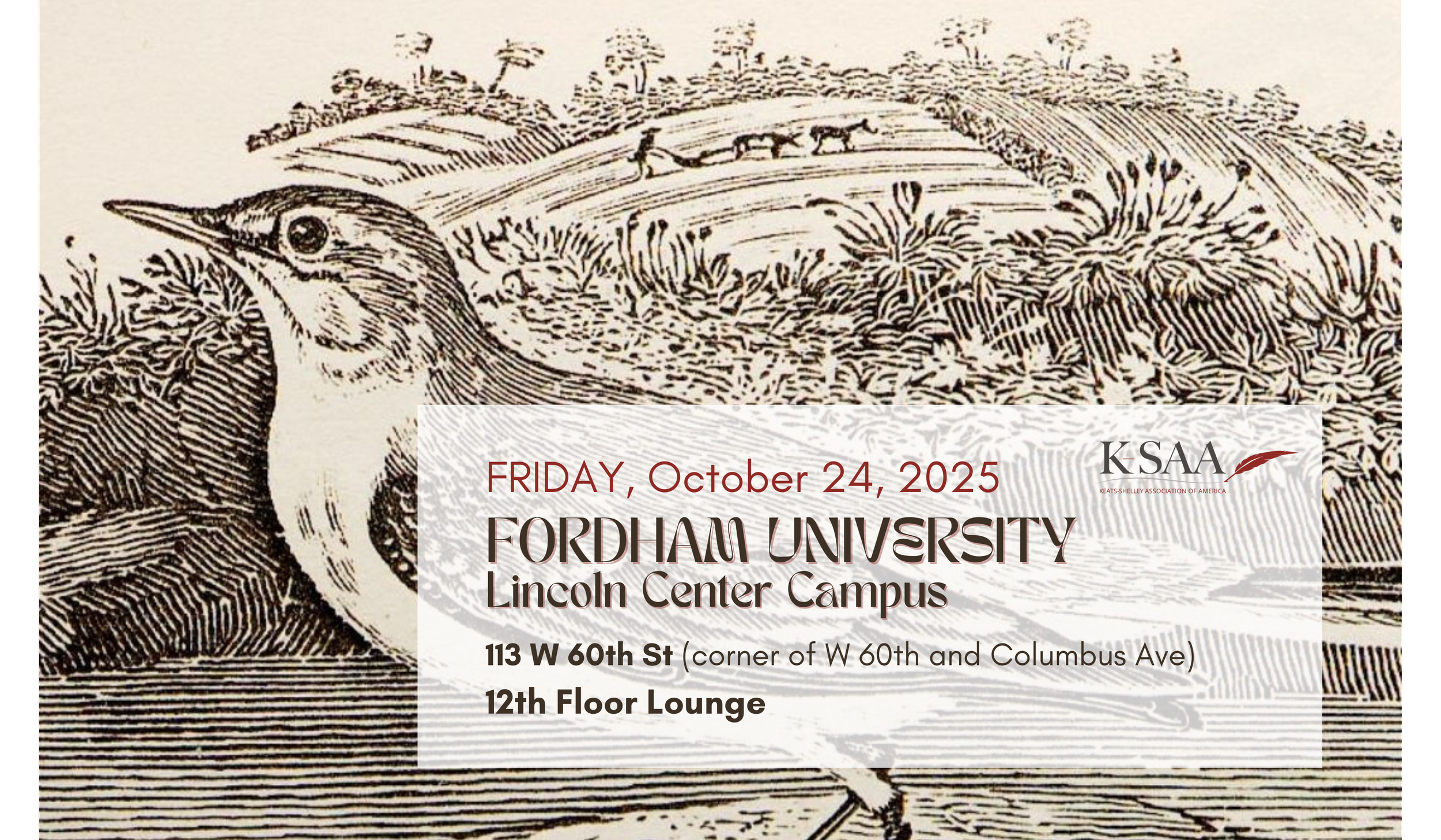
Annual Stuart Curran Symposium
Join the Keats-Shelley Association of America’s Annual Stuart Curran Symposium on October 24, 2025 at Fordham University’s Lincoln Center campus. Explore the theme “Birdsong” across Romantic and contemporary poetry, film, live music, and a Central Park birding walk—connecting poetry, sound, and nature in one inspiring day.

K-SAA May Members' Meeting
Please join us on Zoom for our annual May Members’ Meeting on May 29th at 3:30 pm EST!
In the spirit of coming together through poetry that might heal and comfort in difficult times, our Members Meeting will offer readings of birdsong poetry, looking toward our 2025 Curran Symposium on the same topic. In addition to the Association’s updates and a few of our favorite readers, we’ll also have community readings of “Ode to a Nightingale” and “To a Skylark.”

"The Spirit of the Universal Emancipation"
K-SAA is continuing their virtual events series with two talks by Sarah Marsh (Seton Hill University) and Imani Tucker (Yale University). During the event, titled Marsh and Tucker will examine the role of the more- or less-than human in Romantic-era writing, whether the vampire, the figure of Prometheus, or the cosmos of Benjamin Banneker.
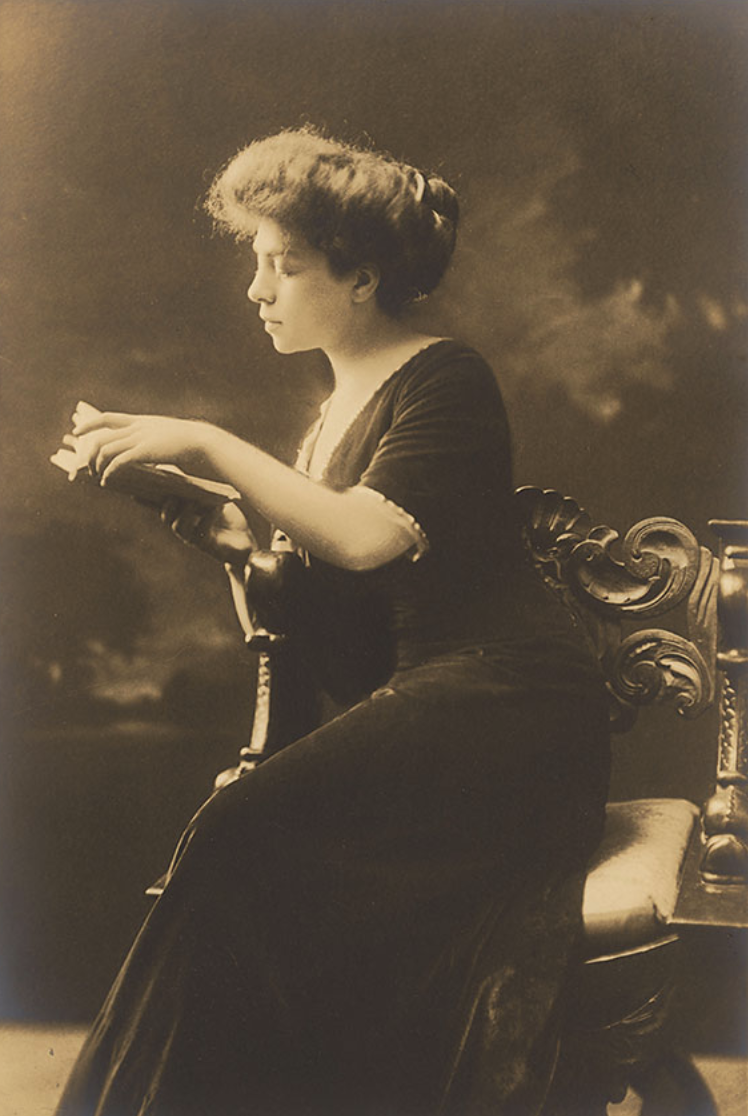
Behind the Scenes of “Belle da Costa Greene: A Librarian’s Legacy”
Join us for a virtual conversation and a chance to learn more from Erica Ciallela and Philip Palmer, co-curators of Belle da Costa Greene: A Librarian’s Legacy, currently on display at The Morgan Library & Museum. Focusing on themes of historical erasure and recovery, as well as racial passing

Writing Groups and Beyond: On Building a Writing Community that Works for You
Join us for a conversation led by Mary Mullen (Villanova U) and Johanna Winant (West Virginia U), participants will learn about the ins-and-outs of writing support networks: how to find, join, build, organize, coordinate, and benefit from the many forms that writing exchanges can take.
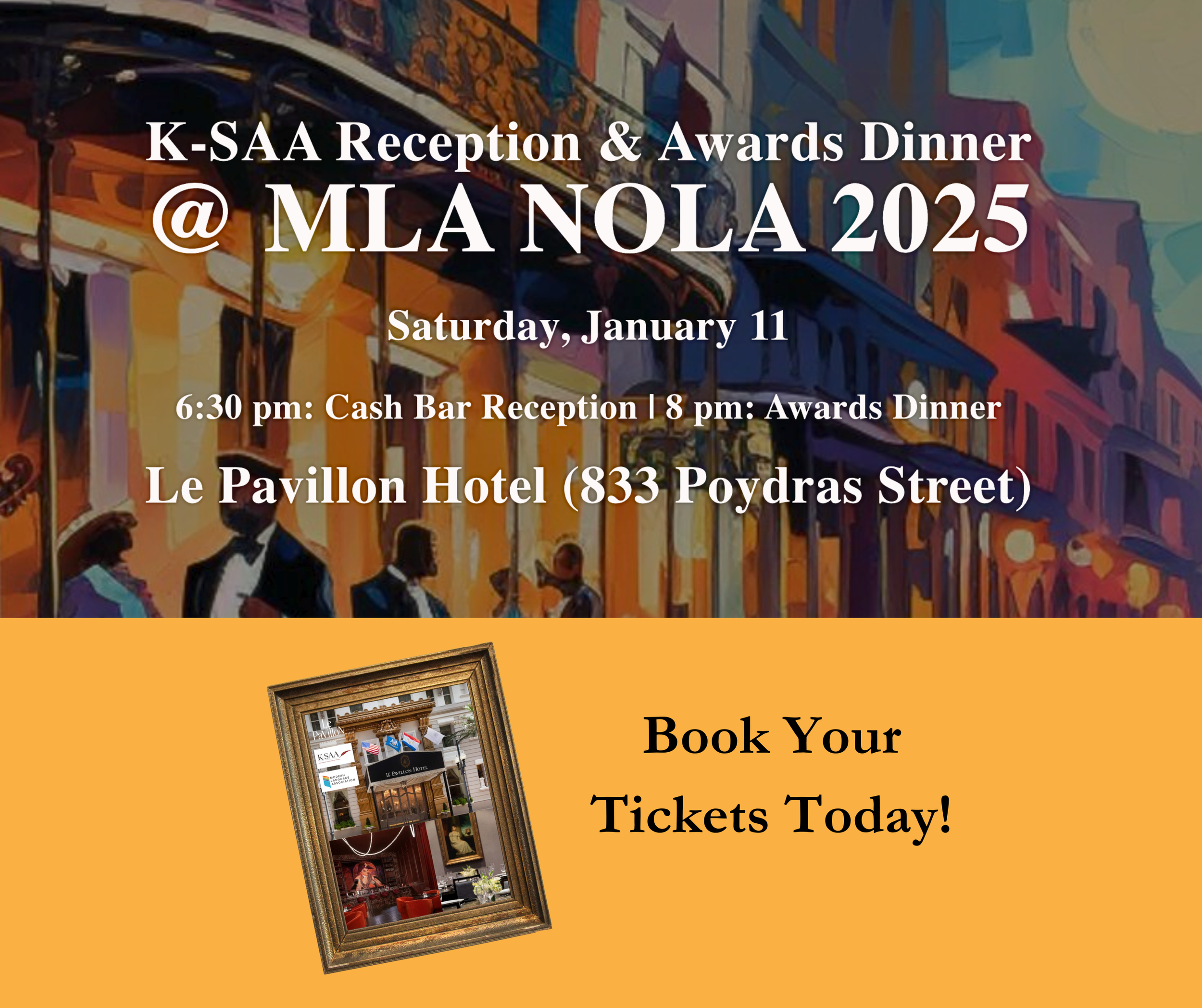
MLA Awards Dinner 2025
Join us for one of the most congenial and collegial spaces at the MLA Convention at New Orleans’ glamorous Le Pavillon Hotel.
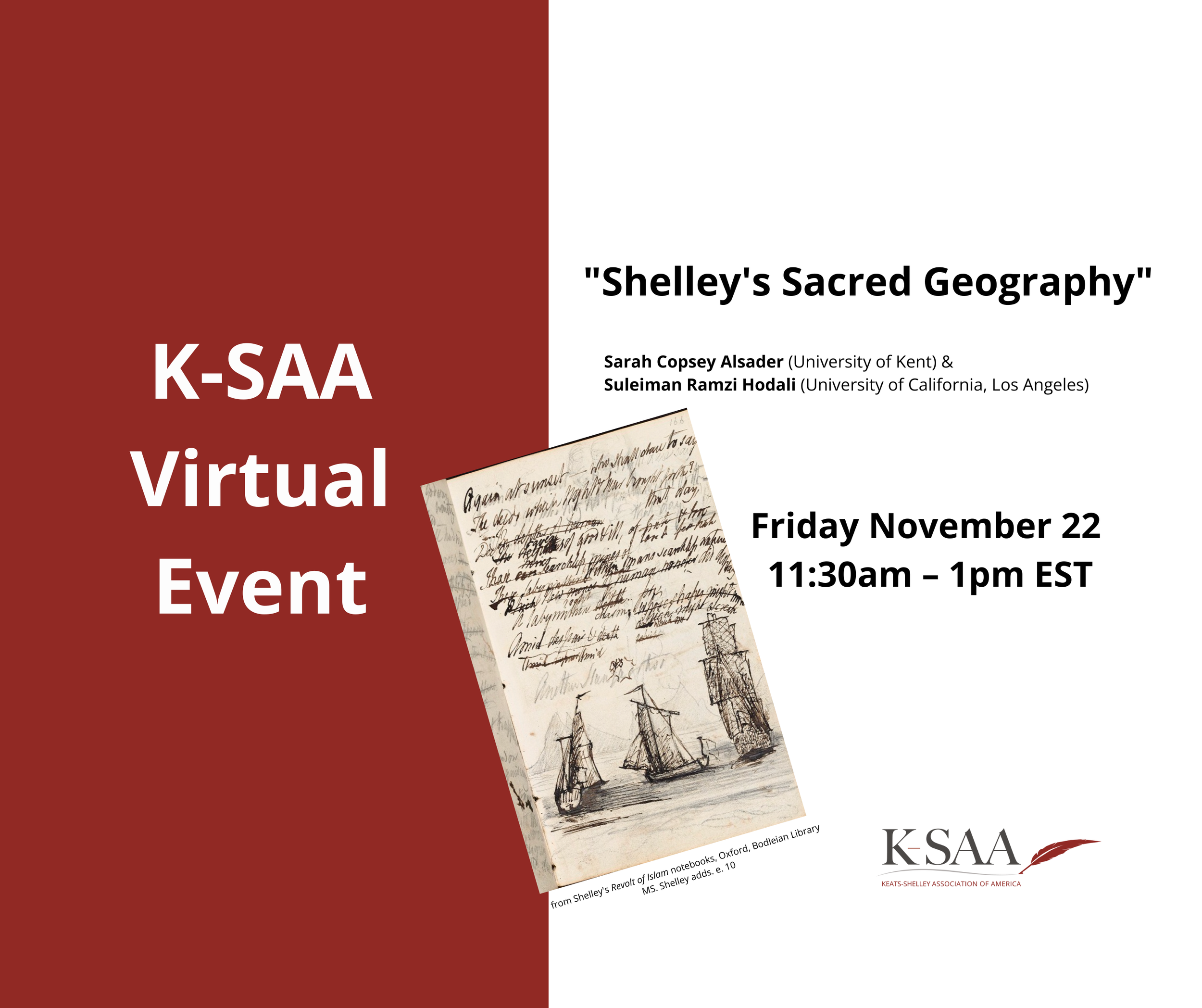
“Shelley's Sacred Geography” a K-SAA Virtual Event
The Keats-Shelley Association of America is excited to announce the return of its virtual event series with a fascinating double feature exploring the intersection of Romantic poetry and Islamic thought.
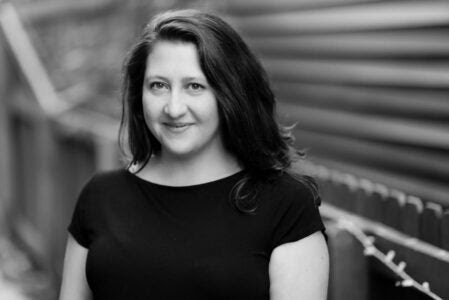
“How I Write,” a conversation with Professor Rachel Feder
The 1819 Social: "How I Write," A Conversation with Rachel Feder
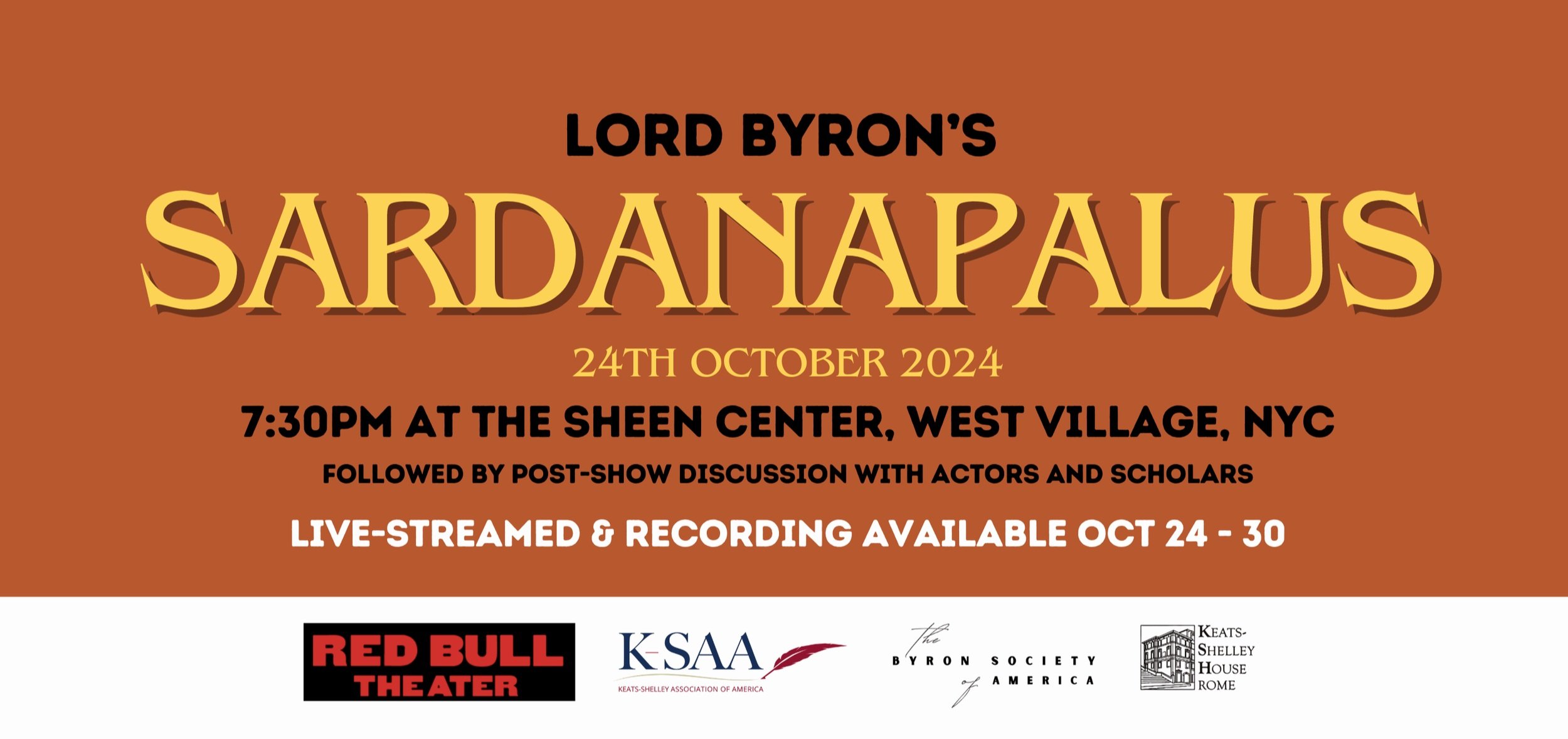
Sardanapalus
The tragic fall of the last Assyrian king and his decadent reign: a story of love, betrayal, and self-discovery as told by the most notorious of the Romantic poets.
Directed by Raz Golden
Featuring Amir Arison, Amir Malaklou, Sanjit De Silva, Shayvawn Webster, and more to be announced.
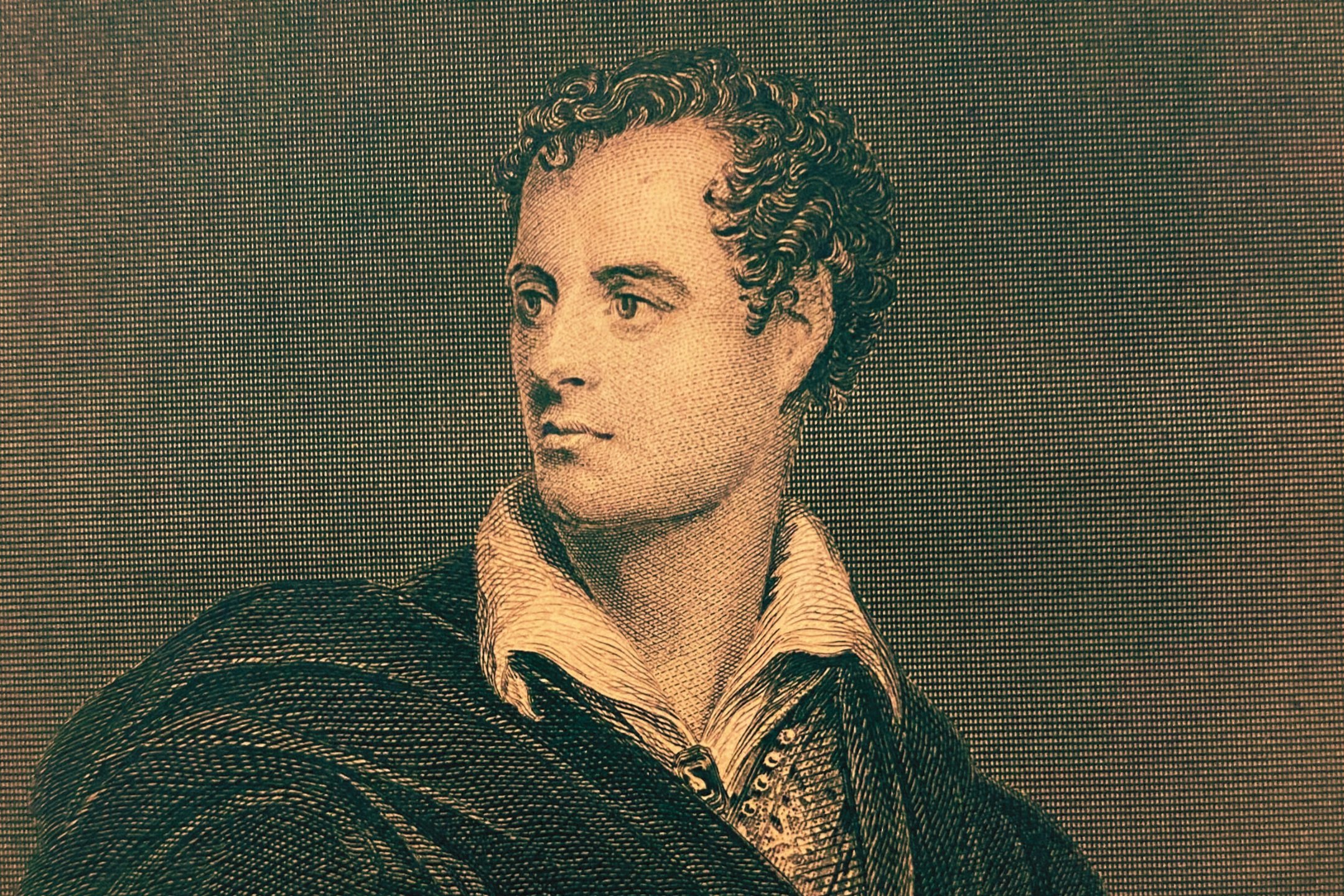
2024 Curran Symposium: Performing Politics
To mark the bicentennial of Byron’s death, K-SAA will collaborate with the Byron Society of America to present a symposium Friday, October 25th, 2024. We will head off the festivities on Thursday, October 24th, with a reading of Sardanapalus by Red Bull Theatre. Please look out for further details as the date approaches!
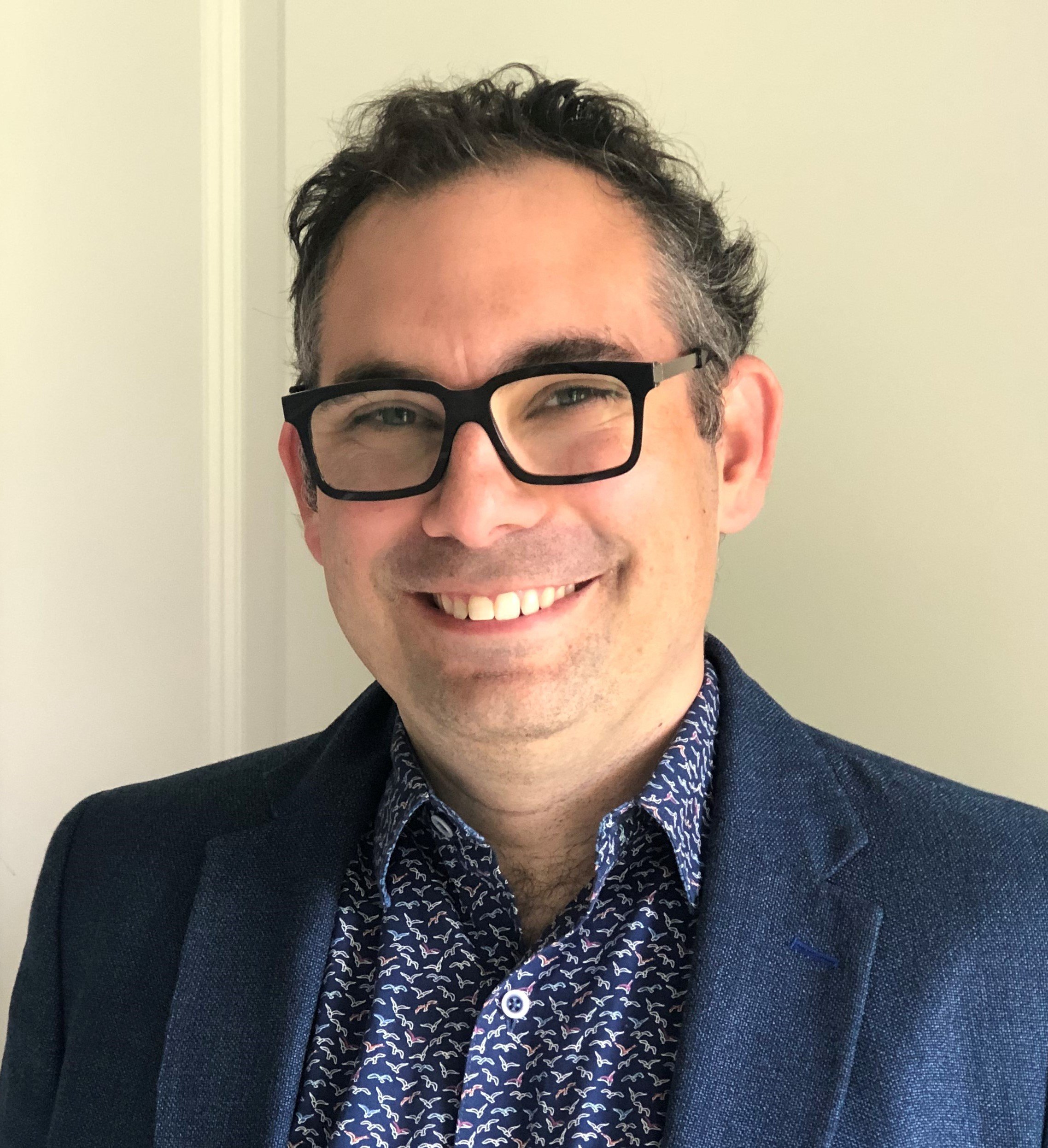
“How to Identify, Apply for and Win Fellowships” with Professor Benjamin Kahan
The 1819 Social: Benjamin Kahan on Grants & Fellowships
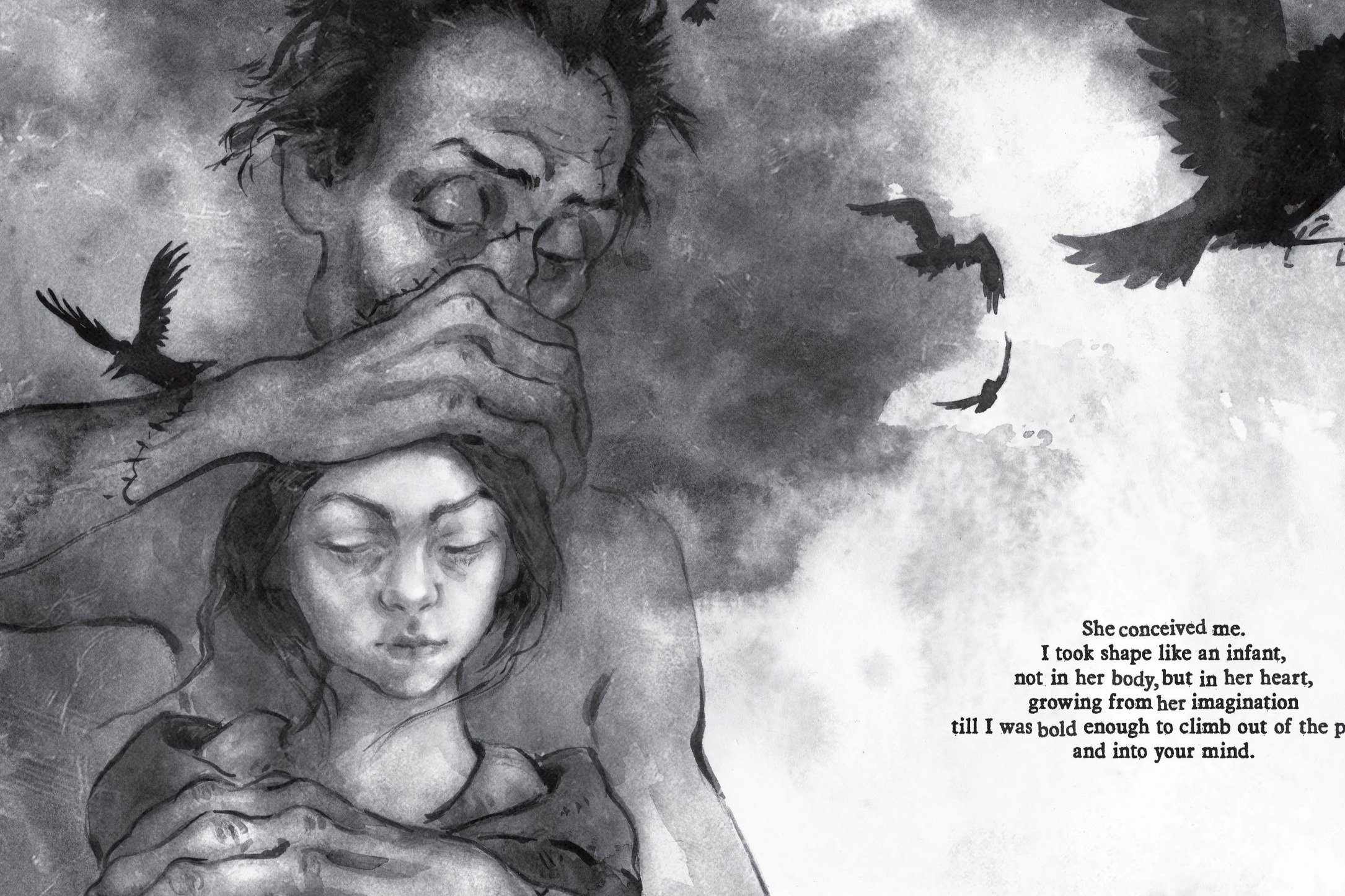
May Members' Meeting: Lita Judge
The Keats-Shelley Association of America is delighted to announce author and illustrator Lita Judge as the winner of our first ever Arts & Public Engagement Award. This May, we invite you to join us on Zoom for a presentation by Judge on the creation of her richly-illustrated verse biography Mary’s Monster: Love, Madness, and How Mary Shelley Created FRANKENSTEIN.
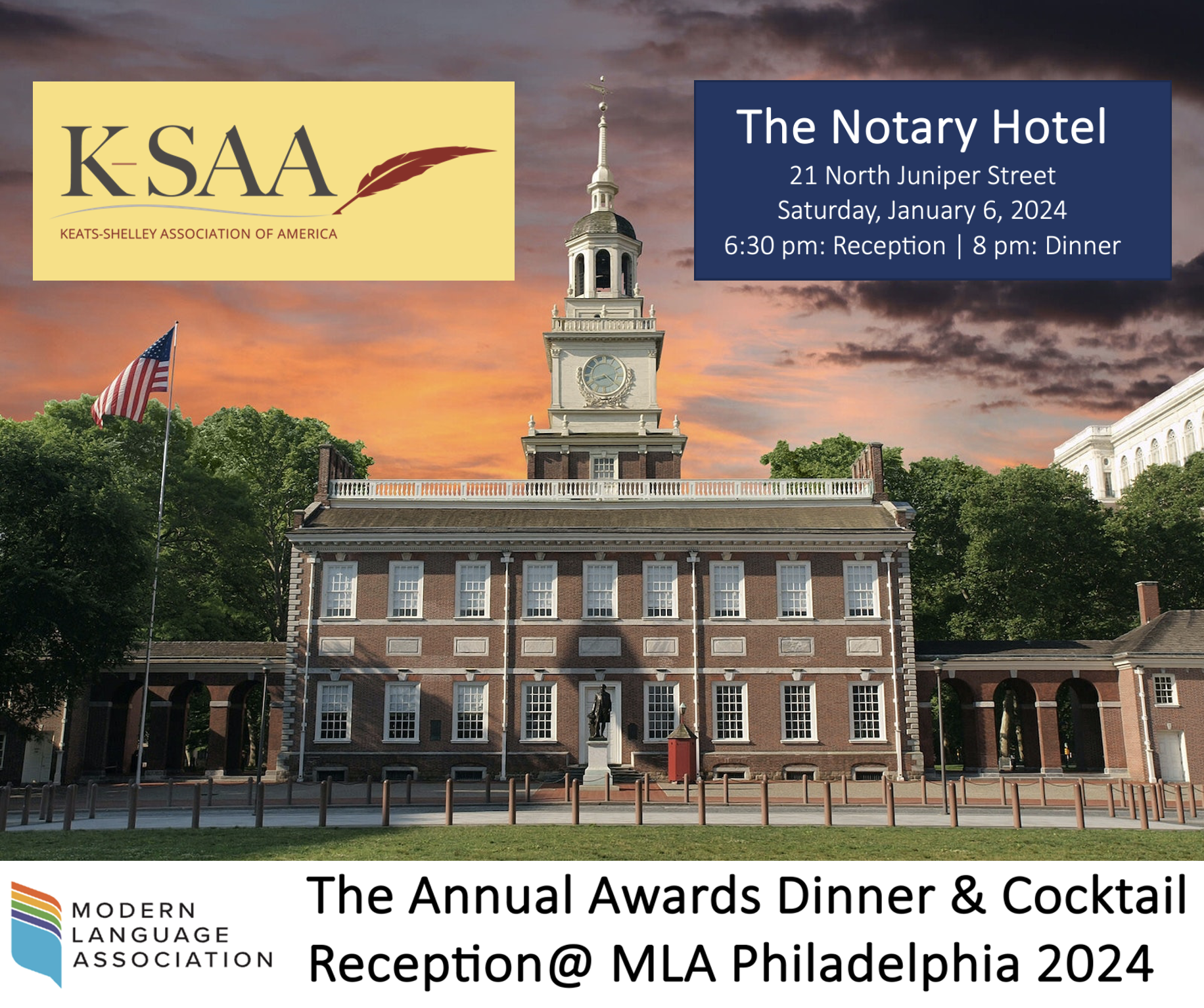
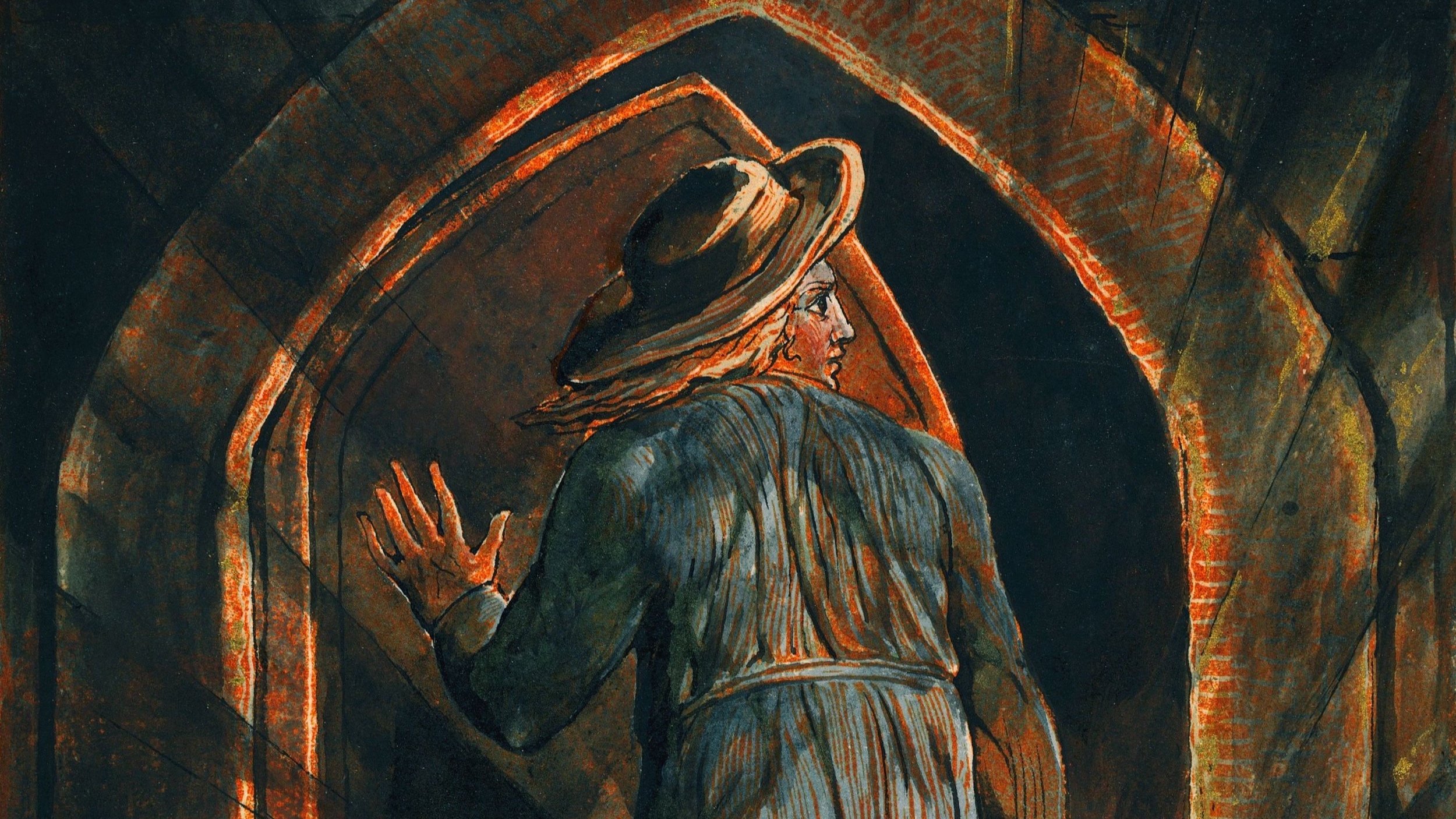
2023 Curran Symposium: Romantic Futures
Co-organizers: Bakary Diaby (Skidmore), Lennie Hanson (New York University), and Karen Swann (Williams College)
This event is sponsored by the Keats-Shelley Association of America, with additional funds from the Byron Society of America and the Fordham Romanticism Group.
Symposium Schedule: October 28, 2023
9:15 AM - Welcome and Opening Remarks
Kate Singer, President of the K-SAA
9:30-10:45 AM - Approaching the Future
Joseph Albernaz (Columbia University): "Below from Romanticism: Future Pasts."
Kristina Huang (U of Wisconsin Madison): "Black Life Unbound in the 18th Century."
Diana Little (Princeton U): “Romantic Rocks, Indigenous Traces.”
11:00 AM -12:15 PM - A conversation with Denise Ferreira da Silva, author of A Global Idea of Race and Unpayable Debt
Denise Ferreira da Silva (NYU)
Interlocutor: Samiha Khalil (UC Irvine)
12:15-2:00 PM - Lunch
2:00-3:15 PM - Collaborating on the Future
A conversation with the editors of The Cambridge Companion to Romanticism and World Literature, the Handbook to Global Literature and Culture in the Romantic Era (Routledge), and The Cambridge Companion to Romanticism and Race
Emily Sun (Barnard College), Arif Camoglu (NYU Shanghai), Omar Miranda (University of San Francisco), Gaura Narayan (SUNY Purchase), Kate Singer (Mt Holyoke College), and Eugenia Zuroski (McMaster University)
3:30-4:45 PM - Concurrent Workshops
We hope these workshops will generate ideas about how the organization might “fund structures to begin to actuate the transmission of culture and critical thought to current and future diverse readers.”
Workshop 1: Classes
Moderated by Karen Swann (Williams College)
What are the challenges and possibilities presented by teaching a more capaciously-imagined Romanticism? How can we extend our attention beyond the “Big Six”; beyond British and European literatures; beyond the dates historically delimiting the period? How do we accomplish this as our sense of “the classroom” shifts in response to the changing demographics and interests of today’s college students? How might we most effectively embrace the importance and potential of teaching in other spaces, including high schools, prisons, and reading groups that draw non-academic readers (as, for example, in prison-abolition reading groups that include 18th and 19th century texts)?
We are looking for volunteers willing to share syllabi, pedagogical strategies, and/or reading lists that take up this challenge. Please contact Karen Swann (kswann@williams.edu) if you have designed a course or participated in a reading group that could serve as a jumping-off point for discussion. We would be grateful for your contribution to our workshop!
Workshop 2: Commons (Hybrid session)
Moderated by Bakary Diaby (Skidmore College)
This workshop will build on K-SAA’s current public outreach initiative for the 2023-4 academic year, titled "Commonplacing." The project intends to be a resource for teachers and students of all grades levels and for any interested members of the public. The workshop will also reflect on a Commonplacing Pedagogy Workshop (more information forthcoming).
We hope to use this workshop as a general space to conceive of other projects that can engage the public, as well as other kinds of resources we should make available to further the association’s goals. How can we create a more inclusive community around the study and appreciation of Keats, the Shelleys, their circles, and their contexts? How might we, in broadening our understanding of the past, expand access to a more diverse array of readers, and preserve Romantic studies for the future?
For more, please see https://www.k-saa.org/commonplacing-home
N.B. Symposium participants will receive a Zoom link for this workshop before the event via the email they use for registration.
Workshop 3: Publics
Moderated by Lennie Hanson
This session will be led by volunteer organizers from the Interference Archive, an open access archive that houses materials at the intersection of social movements and cultural production. Making posters, flyers, publications, zines, books, T-shirts and buttons, moving images, and audio recordings available to the public and to activists, the Interference Archive operates on a collaborative basis and as “an archive from below.”
Inspired by the materials and the collective orientation of the Interference Archive, this workshop will encourage participants to expand our understanding of what counts as an archive, and to open up questions about the forms of cultural production relevant to literary studies. What ways might an open-access archive inspire new practices in our classrooms? How might contemporary ephemera accessed or produced by students in their ordinary lives be connected to the histories and literatures we teach?
4:45-5:15 PM - Collective brainstorming session on “Envisioning Romantic Futures”
Workshop participants will offer their ideas, with the hope of developing seed projects for the new K-SAA Romantic Futures grants.
5:15-6:15 PM - Wine and cheese reception, sponsored by the Byron Society of America

BARS/K-SAA Monograph Publishing Roundtable and Q&A
Building on the interest in our roundtable on journal publishing at the BARS postgraduate conference this summer, the K-SAA will be co-sponsoring with BARS a digital roundtable on monograph publishing on 27 September, 2023 (Wed), 12:00-1:30 EDT / 17:00–18:30 BST. The panel comprises senior editors and publisher (listed below) who will share their insights on the process and address related questions about manuscript preparation and editing.
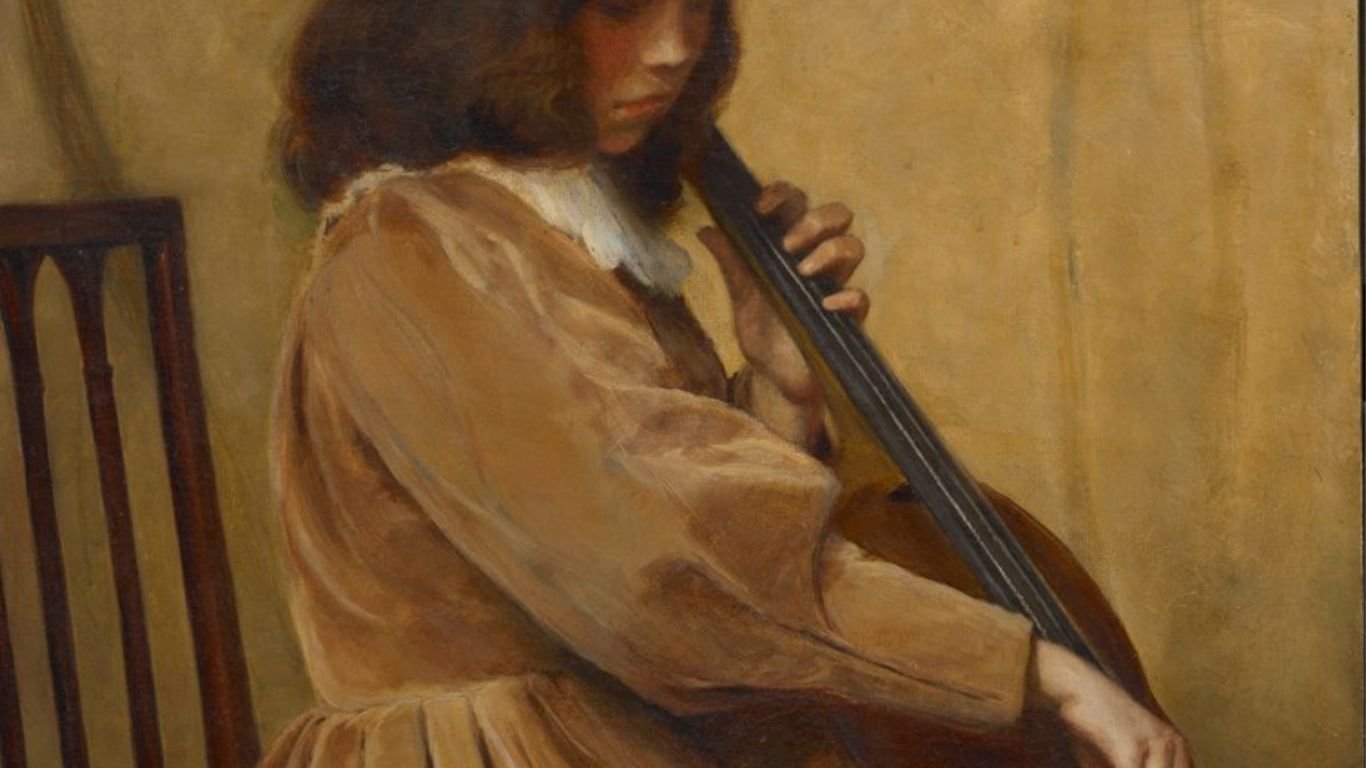
“Music when soft voices live”: Shelley’s reception in contemporary music
We are delighted to host a talk by Dr. Camila Oliveira, postdoctoral assistant at the University of Lisbon, Portugal.
Promotional image: Lilla Cabot Perry, Girl Playing A Cello

K-SAA MLA Awards Dinner
Join the K-SAA for its Annual MLA Dinner on January 7, 2023 at the Palace Hotel in San Francisco. Click on the image at left for more details.
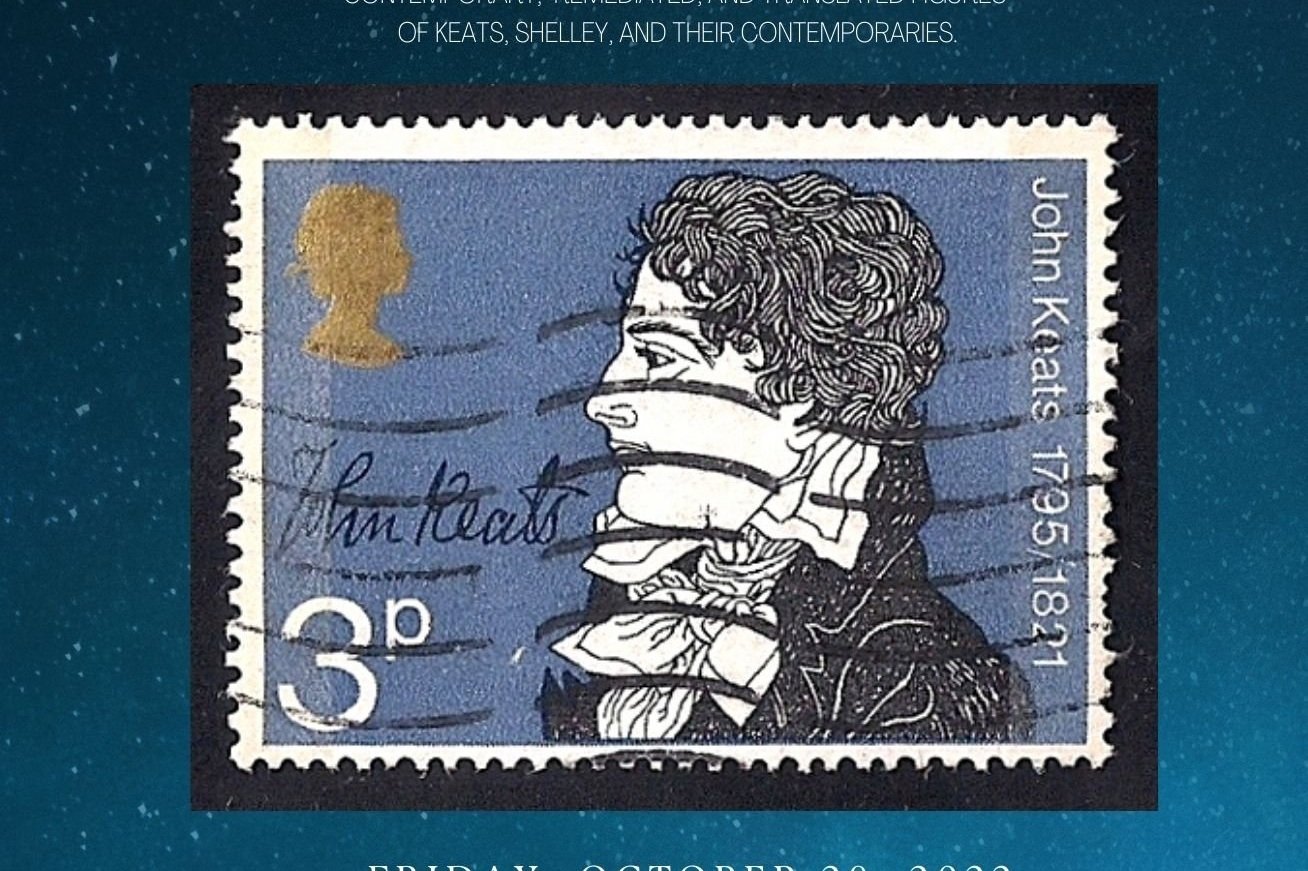
Keats and Shelley on the Move- A Romantic Bicentennials Curran Symposium
With additional support from The Byron Society of America and the Fordham Romanticists Group
Click here to register
Co-organizers: Eric Eisner, Olivia Loksing Moy & Ann Wierda Rowland
Friday, October 28, 2022
The Grolier Club
47 East 60th Street
New York, NY 10022
9:00 am - 6:00 pm
Keats and Shelley on the Move is a Stuart Curran symposium to mark the bicentennials of the deaths of John Keats and Percy Bysshe Shelley. We look back to 1821 and 1822 as jumping off points to trace how these major figures of the Romantic period and their contemporaries have moved forward and outward – into new worlds, new languages, new media, and new material forms. Our title nods to Ann Rigney’s The Afterlives of Walter Scott: Memory on the Move, and we share her interest in how Romantic-era literary figures and their texts move across media, time periods, and national traditions, becoming fertile sites for both cultural memory and for new creative and cultural practices. Our speakers – poets, critics, curators, and collectors – will address the global, contemporary, remediated, translated, collected, and curated figures of Keats, Shelley, and their contemporaries. We hope the conversations of the day will offer a glimpse of these Romantic writers and texts going global, even as they are already gone, having crossed thresholds and boundaries, having escaped, still on the move. Follow this link to speaker bios.
Thursday, October 27
NYPL Pforzheimer Books and Manuscripts Display:
We invite participants to visit a display of books and manuscripts by Keats, the Shelleys, and their fellow travelers in time and space at the Pforzheimer Collection of Shelley and His Circle, New York Public Library, 476 Fifth Avenue, Room 319. This display is curated for the occasion by Carolyn Vega of the Henry W. and Albert A. Berg Collection of English and American Literature and Liz Denlinger of the Pforzheimer Collection.
Visitors are welcome:
Thursday 2:00 - 5:00 pm
Friday 11:30 am - 2:00 pm
Friday, October 28
Coffee and tea are available starting 9:00 a.m.
9:15 am: Welcome and opening remarks: Kate Singer, President of the KSAA
9:30-10:45 am: Shelley's Contemporary "Future"
Moderator: Julie Carlsen (NYPL)
Iris Cushing (CUNY Graduate Center): "A Magickal Working: di Prima on Shelley's Lyrical Alchemy."
Eric Lindstrom (University of Vermont): "Improvisation and Queer Elegy: The Death of Shelley in The New York School."
Judith Goldman (University at Buffalo): "Circling Shelley: Intertext, Anachronism, and Connective Speculation."
(Coffee break: coffee/tea/cookies available)
11:00 am-12:15 pm: “And they are gone: ay ages long ago”
Moderator: Sonia Hofkosh (Tufts)
Omar F. Miranda (University of San Francisco): "The New Mesoamerican Locodescriptive Poem: Jose María Heredia’s ‘En el teocalli de Cholula’” (1820).
Matt Sandler (Columbia University): "'Ere Sleep Comes Down': Freedom Dreams, Social Death, and Keats in Black Romanticism."
Tomoko Nakagawa (University of the Sacred Heart, Tokyo): "The Creature Stands at a Crossroads: the 1889-90 Japanese Translation of Frankenstein."
12:15-2:00 pm Lunch Break: attendees will lunch on their own at nearby restaurants
We invite participants to visit a display of books and manuscripts by Keats, the Shelleys, and their fellow travelers in time and space at the Pforzheimer Collection of Shelley and His Circle, New York Public Library, 476 Fifth Avenue, Room 319.
2:00-3:15 pm: Romantic Remediations: New Books
Moderator: Emily Sun (Barnard)
Lissette Lopez Szwydky (University of Arkansas): Transmedia Adaptation in the Nineteenth Century (Ohio State).
Mike Goode (Syracuse University): Romantic Capabilities: Blake, Scott, Austen and the New Messages of Old Media (Oxford).
Judith Pascoe (Florida State University): On the Bullet Train with Emily Brontë: Wuthering Heights in Japan (Michigan).
(Coffee break: coffee/tea/cookies available)
3:30-4:45 pm: Visible in the Shape of a Book
Moderator: Eve Kahn (Grolier Club)
A panel of collectors and artists featuring Romantic-era or Romantic-inspired treasures of Grolier Club members and friends:
William Buice III (K-SAA & Grolier Club)
Jack Lynch (Rutgers University)
Mark Samuels Lasner (University of Delaware Library)
Barbara Henry (Harsimus Press)
David Solo (Private Collector)
Catherine Payling (Christie’s)
4:45 pm: Concluding remarks: Eric Eisner, Olivia Loksing Moy, Ann Wierda Rowland & Kate Singer
5:00-6:00 pm: Wine and cheese reception. Sponsored by the Byron Society of America.
6:00-7:00 pm: The Grolier Club invites you to join their Halloween Party and Reading with food and refreshments, in the Morris Room, 3rd Floor from 6:00 to 7:30 p.m. (Festive attire encouraged.)
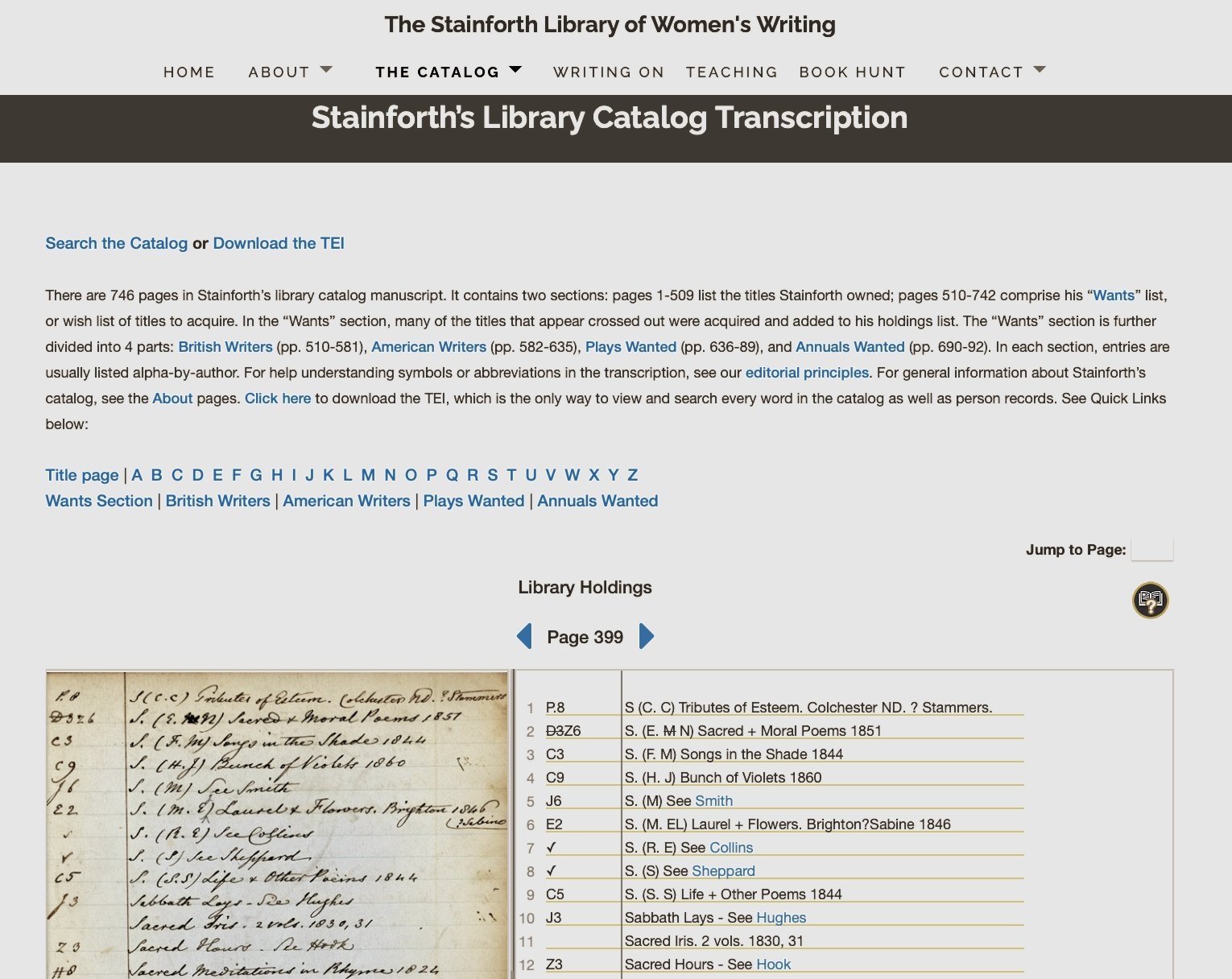
K-SAA Virtual Events: “Everyday Women Who Made Book History: The Stainforth Project as a Digital Compass”
September 30th, 11 AM EST
Please join the Zoom meeting here (registration required).
K-SAA's new virtual events series highlights recent digital archives and projects, particularly those that shed light on the lives and works of marginalized peoples in the Romantic era and the long eighteenth century.
In this first event chaired by Professor Michelle Levy (Simon Fraser University), Professors Kirstyn Leuner (Santa Clara University) and Deborah Hollis (University of Colorado Boulder) discuss their work on The Stainforth Library of Women's Writing, http://stainforth.scu.edu. The heart of the project is a searchable, TEI-encoded scholarly digital edition of Francis Stainforth’s 746-page manuscript library catalog. Francis Stainforth (1797-1866) was an Anglican clergyman of London-area parishes, and his book collection is the largest known private library of Anglophone women’s writing collected in the nineteenth century. The authors, editors, and translators in the library include poor and working-class women; those with disabilities; writers of a variety of religions including Jews and Quakers; African American women; children as young as eleven or twelve years old; survivors of assault; incarcerated women; and queer writers.
During a brief presentation followed by a Q & A, the speakers will discuss how the Stainforth project can serve as a digital compass for women's writing in the archives.
Registration is required for this event.
Outlined below are our community standards for virtual events. Please read them carefully.
We welcome and honor people of all races, ethnicities, gender identities and expressions, sexual orientations, abilities, religions, national origins, and socio-economic classes or backgrounds. Hate speech will not be tolerated and will result in being removed from virtual events.
The language used in virtual events will include and recognize the people impacted by forms of injustice and oppression. Drawing from anti-racist practices, we have adopted the following standards for communication and engagement in this virtual space:
Terms for Speaking about Race and Slavery:
Use the term BIPOC to refer to Black, Indigenous, and People of Color.
Use the term “Indigenous peoples.” Refer to the specific tribe, nation, or people when possible. Acknowledge the genocide and displacement of Indigenous peoples from their lands. Acknowledge and honor their continuing presence as past, present, and future caretakers and knowledge keepers of those lands.
Use the terms “enslaved” or “enslaved person/mother/child” and “enslaver” over “slave,” “master,” and other terms that fail to capture the brutality of chattel slavery and the resistance and survival of individuals and communities.
Name the abduction and forced migration of enslaved people, avoiding euphemisms.
Name enslaved people whenever possible.
Name sexual violence, rape, and assault, rather than using euphemisms.
Use the terms, “marginalized people,” “minoritized people,” or “the global majority” rather than “minorities” or “other races”. By moving beyond eurocentric perspectives, we may better draw attention to the networks of thoughts which underline nineteenth-century scholarship.
Use “US” or “United States” to refer to the US. “America” or “the Americas” is used to refer to the larger region including Canada, Mexico, Central and South America, and the Caribbean.
Use “Global North/ Global South” rather than “developing/developed” or “first/third world”
Terms for Speaking about Other Forms of Marginalization
Use the terms “incarcerated people” or “people who have had contact with law enforcement,” rather than “criminals”
Refer to people with any form of disability, visible or invisible, as “disabled people” or “people with disabilities.” Name ableism and discrimination against the disabled.
Please get in touch if you’d like to suggest additions or changes, and enjoy the event.
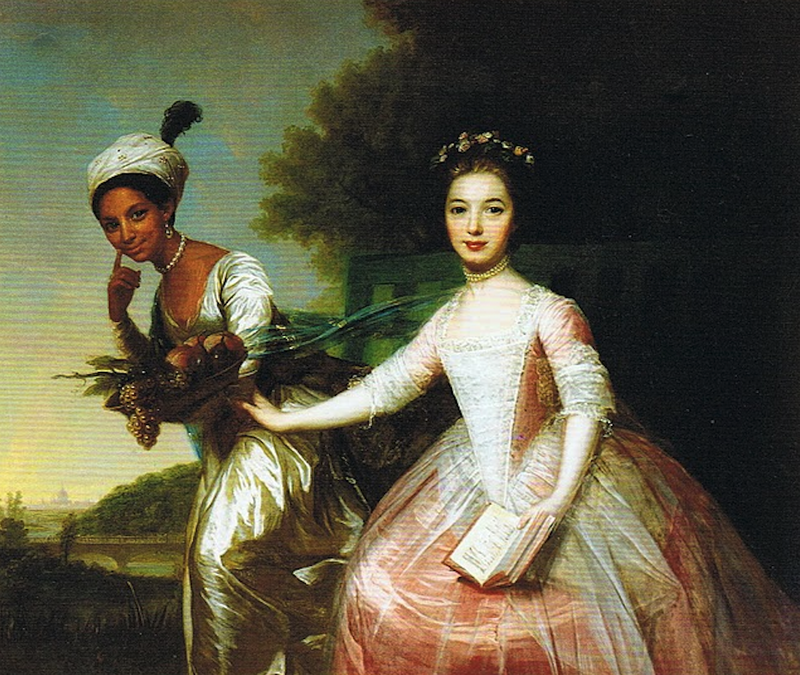
2022 Woman of Colour Teach-In, “Refusals, Redactions and Divestment”
Sponsored by The Woman of Colour Facebook Group, UTSA English, the K-SAA, and Colby College
Join here by Zoom
In this Teach-in we will explore persistent patterns of refusals in proclaimed anti-racist pedagogy in traditionally white disciplines of Eighteenth-Century Studies, Romanticism, and Nineteenth-Century Studies.
What are persisting points of obscurity in praxis aiming to be fully anti-racist?
What is in danger of being ‘redacted’ (Christina Sharpe) as white fields incorporate Black, Indigenous, Latinx, Asian and decolonial studies?
What must be continually divested in anti-racist pedagogical praxis?
10am-12pm EST Plenary talks and Discussion
Opening: Kerry Sinanan (UTSA, event organizer)
Global Literatures & Cultures in the Romantic Period Editorial Collective
Middle East and North Africa: Mariam Wassif (Carnegie-Mellon University)
Queer Studies and Intersectionality: Jeremy Chow (Bucknell University)
1pm-3pm EST Workshops and Discussion
J. Ereck Jarvis: Black Redactions
Mariam Wassif: Middle Eastern/North Africa Diaspora in the period
Jeremy Chow: Queer Intersectionalities
Kristina Huang: Dedicated session on The Woman of Colour (1808)
Shelby Johnson: Indigenous Sexuality and Gender Studies
Sam Plasencia: Designing Anti-Racist Assignments
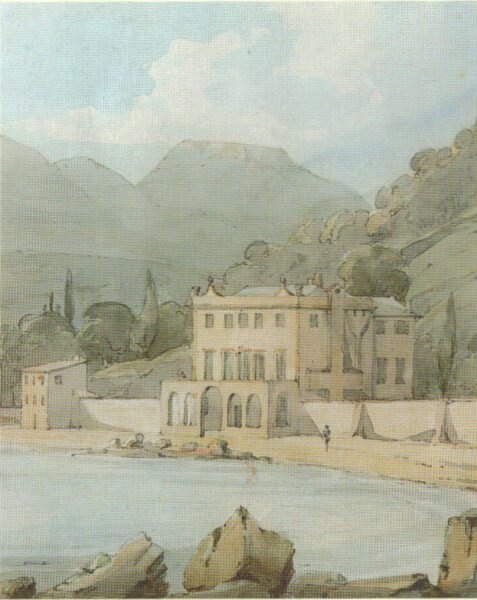
The Bicentenary of Percy Bysshe Shelley’s Death in Italy
An online global event presented by the Keats-Shelley House, Rome and the Keats-Shelley Association of America and featuring film director Jane Campion and actor Julian Sands.
Past Events of 2025
Friday, October 24, 2025
Fordham University’s Lincoln Center Campus
Monday, March 31, 2025
12:00 PM - 1:30 PM EST on Zoom
Thursday, May 29, 2025
3:30 PM - 4:45 PM EST on Zoom
Friday, March 21, 2025
4:00 PM - 5:30 PM EST on Zoom
Friday, February 21, 2025
4:00 PM - 5:00 PM EST on Zoom
Saturday, January 11, 2025
at Le Pavillon Hotel, New Orleans
Events of 2024
Friday November 22nd, 2024
11:30 am - 1 pm EST on Zoom
Friday, November 1st, 2024
4pm EST on Zoom
in collaboration with Red Bull Theater
Thursday, October 24, 2024 | 7:30 PM ET
Sheen Center Loreto Theatre
Friday, October 25, 2024
at NYU’s Palladium Hall
Friday, October 11th, 2024
4pm EST on Zoom
Thursday, May 16, 2024
5:00 PM on Zoom
Saturday, January 6, 2024
6:30 PM 10:00 PM
The Notary Hotel, Philadelphia
Past Events
“Music when soft voices live”: Shelley’s reception in contemporary music
2022 Woman of Colour Teach-In, “Refusals, Redactions and Divestment”
2022 The Bicentenary of Percy Bysshe Shelley’s Death in Italy
2022 Members’ Meeting & Talk by Elizabeth Young on Frankensteiniana
2021 Members’ Meeting & Talk by Leila Walker and Bysshe Coffey on Book Collecting & Book Hunting
2020 Curran Symposium: 1820: Aesthetics, Politics, And The Legacies Of Romanticism
2019 Curran Symposium: Don Juan
2018 Curran Symposium: Frankenstein Then and Now
2017 Curran Symposium: The Emergence of Keats as a Poet
2016 Curran Symposium: The Geneva Summer





